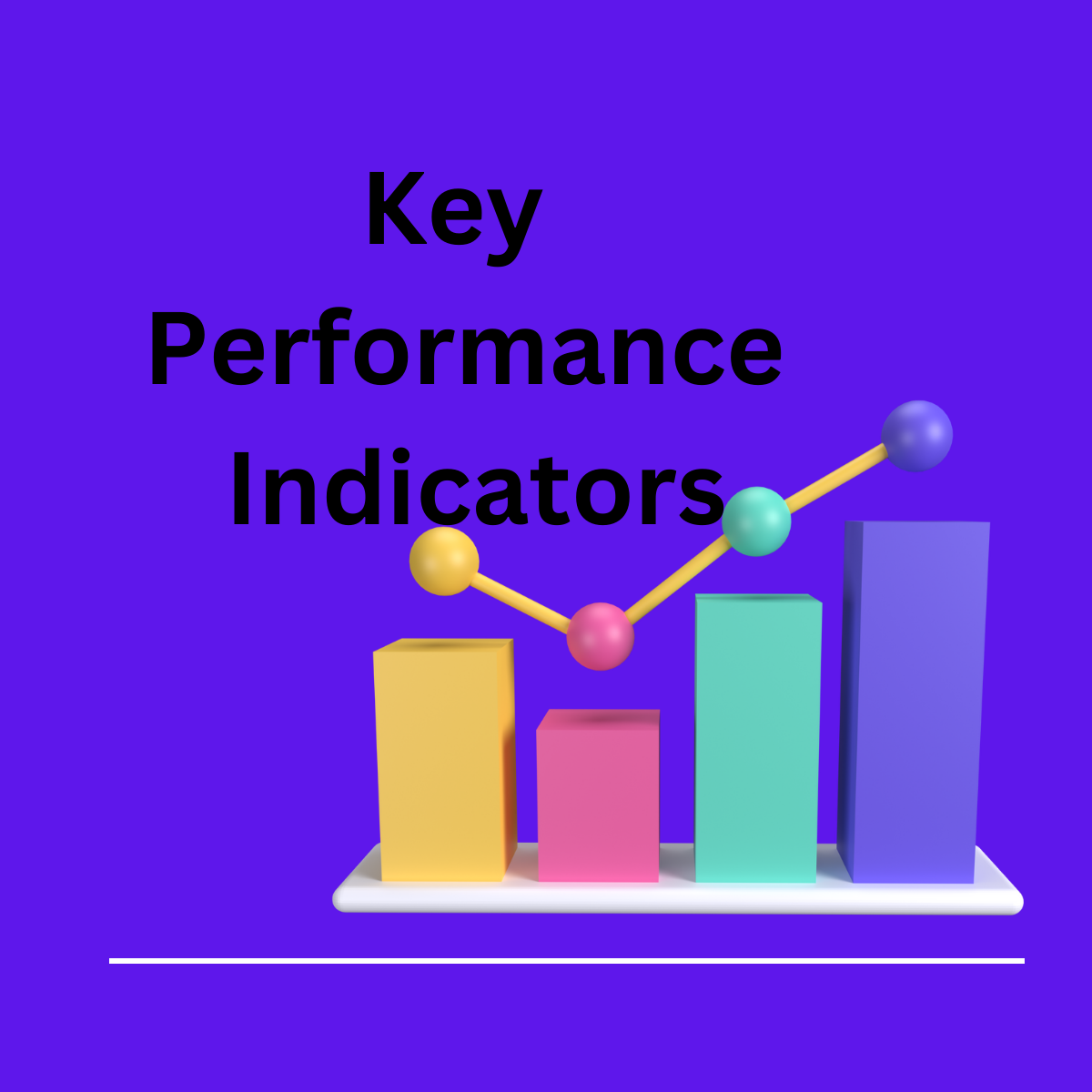In the ever-evolving business landscape, brands are recognizing the importance of achieving not just financial success but also making a positive impact on society. Socio-economic brands, prioritizing profit and purpose, aim to contribute to societal well-being while maintaining profitability. To effectively measure success in this context, it’s crucial to develop Key Performance Indicators (KPIs) that go beyond traditional metrics. Let’s delve into some innovative KPIs for evaluating the impact of your socio-economic brand.
- Community Engagement Index (CEI):
Traditional metrics often overlook a brand’s depth of connection with its community. CEI delves into qualitative aspects, considering participation in local events, effectiveness of outreach programs, and community sentiment. By quantifying these elements, brands gain a comprehensive understanding of their social impact. - Environmental Footprint Offset:
Beyond measuring carbon footprint, this KPI evaluates a brand’s efforts in actively contributing to environmental restoration. Initiatives like tree-planting programs or wildlife conservation partnerships showcase a brand’s commitment to sustainable practices. - Inclusivity and Diversity Quotient (IDQ):
Reflecting a socio-economic brand’s commitment to inclusivity, IDQ measures the representation of diverse groups at all levels of the organization. It also assesses the brand’s marketing strategies for effectiveness in resonating with a diverse audience. - Social Media Impact Score:
In the digital age, social media is a powerful engagement tool. This KPI considers both the quantity and quality of engagement, assessing the positive social change generated through campaigns on socio-economic issues. - Circular Economy Contribution:
Evaluating a brand’s embrace of circular economy principles, this KPI assesses how effectively a brand closes the loop in its production and consumption cycles. It includes factors like the percentage of recycled materials used and the ease of recyclability of products. - Employee Well-being Index:
A fundamental aspect of socio-economic brands, this index measures factors such as work-life balance, mental health support, and professional development opportunities. Prioritizing employee well-being enhances organizational culture and contributes to socio-economic health. - Philanthropic ROI (Return on Impact):
Measuring the impact of charitable contributions, Philanthropic ROI evaluates the long-term impact of initiatives. It considers factors such as the sustainability of social projects, depth of community engagement, and alignment with the brand’s core values.
Conclusion:
As socio-economic brands shape the future of business, the need for comprehensive and innovative KPIs becomes evident. Metrics such as the Community Engagement Index, Environmental Footprint Offset, Inclusivity and Diversity Quotient, Social Media Impact Score, Circular Economy Contribution, Employee Well-being Index, and Philanthropic ROI holistically measure a brand’s impact on society. These KPIs not only reflect a commitment to profit and purpose but also offer actionable insights for continuous improvement and a more sustainable and socially responsible future.





